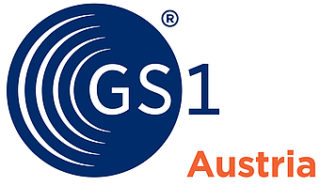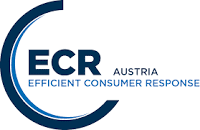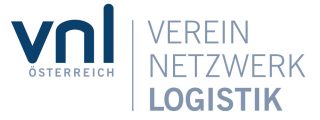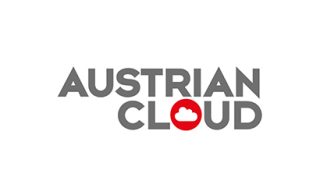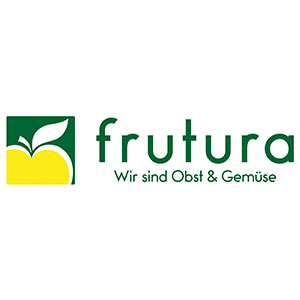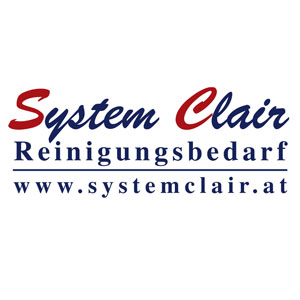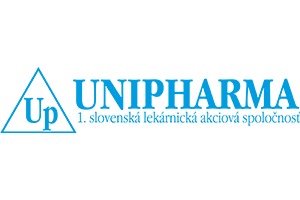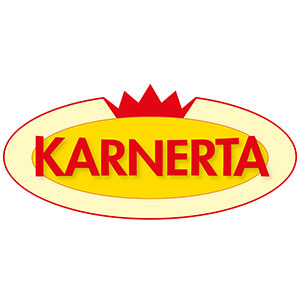Blockchain in logistics
Interview with Alexander Schaefer, CIO at EDITEL Austria GmbH
Logistics processes are changing at lightning speed and everybody is talking about blockchain. Is it just a hype or the beginning of a revolution? Read the answer to this and other questions in our interview with Alexander Schaefer, CIO at EDITEL Austria GmbH:
EDITEL specializes in a very specific aspect of digitalization: the exchange of digital data. What solutions do you offer for the logistics industry and how do clients benefit from them?
Generally speaking, EDITEL specializes in supply chain optimization. We offer solutions throughout the entire supply chain, from the purchase order all the way to payment. Logistics is obviously a key part of that. Businesses will have a decisive competitive advantage only if all their processes are handled digitally. This involves optimization not only in terms of costs and time, but also environmentally improved processes. Ultimately, consumers will benefit from efficient, swift, and inexpensive shipping routes.
How many logistics businesses do you have as clients (and can you mention a few)?
As a leading provider of Electronic Data Interchange (EDI), we have been working with almost all logistics companies for a long time. Wherever effective, streamlined, and hence digital processes are of the essence, our eXite platform delivers the decisive competitive advantage for the entire supply chain. On eXite, buyers, clients, logistics providers, and banks are interconnected digitally and benefit from reliable and swift transactions.
In your opinion, how relevant is the topic of blockchain for EDI services?
Blockchains have been widely discussed for a long time. During the initial hype, blockchains were heralded as the solution to just about everything. It was especially the logistics industry, which is at the core of all supply chains, that was supposed to see a true revolution thanks to blockchains. This hype is now over and the blockchain technology has yet to show us what it can really do. As a leading EDI service provider with many years’ experience, we know how important it is to put technology to the test in real life and to perform comprehensive analyses and tests. After all, our clients are used to our technology being reliable and 100% functional. For traditional EDI services, we currently see no immediate added value in the use of blockchain technology. However, generally speaking, there might be potential when it comes to complementary services.
EDITEL is part of an initiative called “Blockchain Initiative Logistik.” What are its objectives?
The “Blockchain Initiative Logistik” was created by a group of businesses that wanted to prove that consignment documents could be digitized using blockchain technology. These businesses include include LKW Walter, DB Schenker, EY, BVL, GS1 and EDITEL while the Vienna University of Economics and Business provides scientific support. So it is first and foremost a digitization project that relies on blockchain as its underlying technology. As we speak, all shipments around the world are still made with paper consignment documents. This brings about problems typically associated with paper documents, including readability, loss, tampering, and extended storage periods. In addition, handling such paper documents is complex and time-consuming since paper documents typically pass through many hands.
The “Blockchain Initiative Logistik” is currently working on digitizing truck consignment documents with the use of blockchain technology. How is the pilot project going?
Early on, we had decided that we wanted to swiftly develop a fully functional prototype in the first phase. We have reached this goal in a surprisingly short period of time. This was possible because our team had a true start-up mentality from day 1. The first pilot shipments were recently carried out and everything went smoothly. We were also happy to receive mostly positive feedback from the drivers because they also struggle with all the paperwork.
What advantages do digital consignment notes as compared to their paper counterparts have?
Ultimately, digital consignment notes (e-CMR) have nothing but advantages for all parties. Those who ship the merchandise can check their shipment’s status at any time, while those who receive the merchandise can do the same. This makes planning easier and allows for faster reactions to any anomalies or mistakes. Not surprisingly, logistics providers themselves benefit the most. In addition to providing them with up-to-date information, digital consignment notes considerably shorten the process cycle. Before the use of digital consignment notes, shipments could not be invoiced before the papers had been received by the logistics provider. With this solution, a legally valid document is available as soon as the recipient has accepted the merchandise. Time is money!
How secure is this technology? After all, cyberattacks are on the rise worldwide.
Security and traceability are a top priority for us. Our clients are used to the highest standards from our data hub eXite. Whenever we talk about blockchain technology, we also have to mention sustainability. For this project, we chose an approach that works without any energy-intensive mining (as in the case of the Bitcoin technology) and thus does not trigger an increased energy need. The blockchain relies on the latest encryption methods and is considered to be fully trustworthy and secure. However, the overall security will always depend on many components that need to be updated regularly. In any case we can say that the security level for digital consignment notes is by far better than for paper consignment notes.
In 2019, the initiative won the Futurezone Award for the blockchain project of the year. How did this award impact your business? Did you get more inquiries, more clients, more members, etc.?
The Futurezone Award was definitely a very special recognition and it highlighted the relevance of this project. Yes, we have been receiving more inquiries and have been contacted by
parties interested in the project. In particular, it was the international media coverage that opened up new contacts and opportunities for collaboration. After all, digital consignment documents have to work internationally and this requires international coordination (with authorities, etc.).
What projects are next for the “Blockchain Initiative Logistik”?
In the second phase scheduled to start soon we will switch from pilot mode to regular operations. We are also working on integrating this solution into existing applications and processes used by logistics providers and senders/recipients. In addition, we are getting additional partners on board to make this solution more widely available. The industry has shown great interest in this initiative and we are currently in talks with many interested parties, both on a national and an international level. We expect more exciting developments down the road.
Alexander Schaefer
CIO at EDITEL Austria
Symbolic image copyright iStock, matejmo
Portrait photo copyright Editel/Petra Spiola



